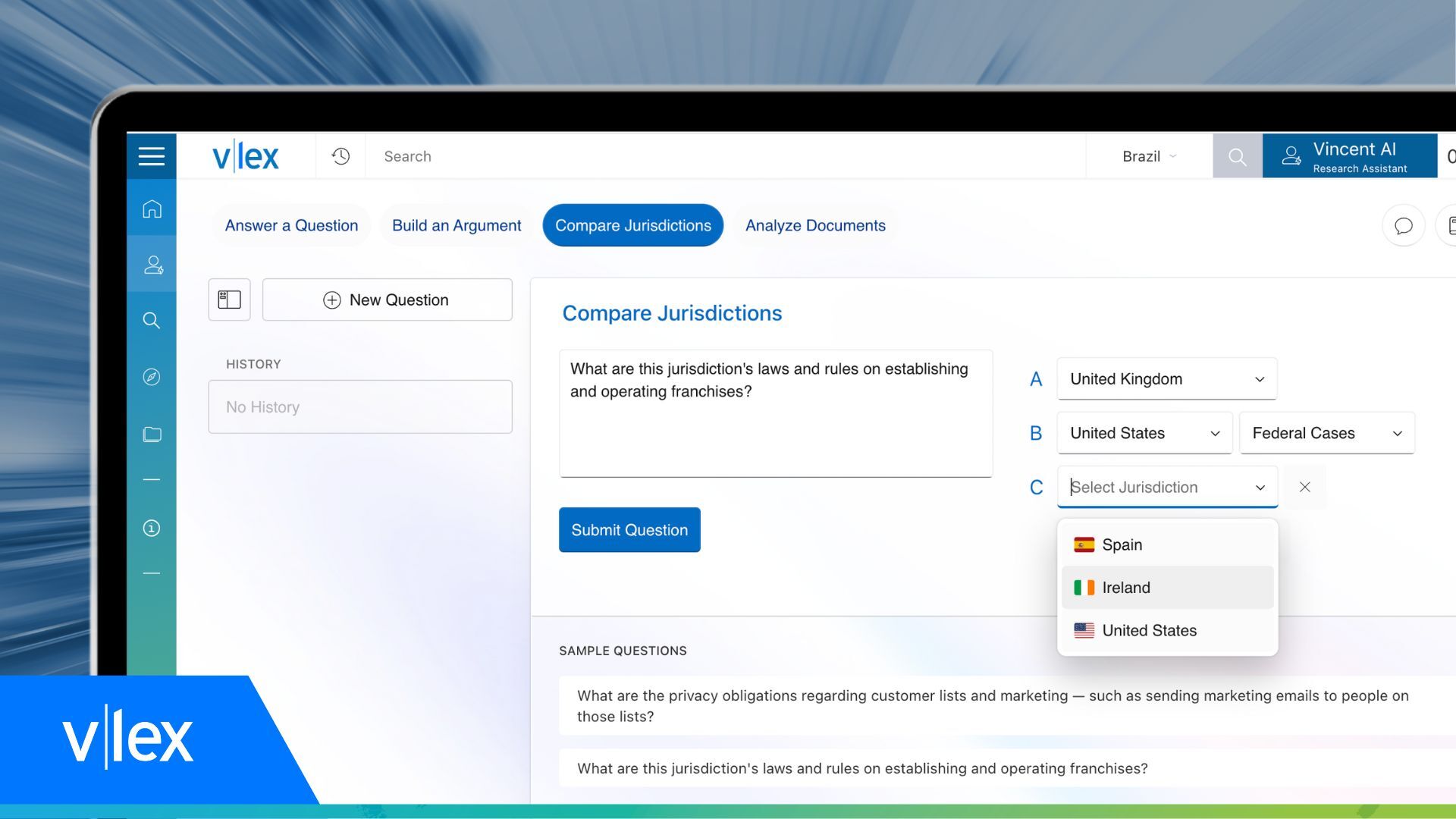How to escape the golden handcuffs? Anonymous BigLaw associate offers extreme savings tips

Image from Shutterstock.com.
Want to retire from BigLaw practice early to pursue other things? The answer lies in the FIRE movement, which stands for “financial independence, retire early," according to an anonymous New York City associate.
A first-year BigLaw associate should be able to save nearly $107,000 a year, given the current salary and bonus structure, the associate blogs at FineFinancialFreedom. Don’t feel the pressure to keep up with others’ lifestyles, spend free time with loved ones, and cut out the frills, he advises in another blog post.
The anonymous associate, who also tweets, told Law.com that financial independence is possible after you have saved 25 times your annual expenses. If the money is invested in the total stock market, you should be able to safely withdraw 4 percent every year for the rest of your life.
The associate told Law.com his own money-saving practices aren’t extraordinary. “I don’t own a car, but I live in NYC, so that’s pretty much the norm,” he said. “I’ve limited my vacations to one domestic trip for each of the last two years, which has been helpful. I also refuse to buy any drink at a bar or restaurant over $8, which would only shock people in NYC. Also, I still use an iPhone 6s, which is pretty rare around the office, but not exactly earth-shattering.”
His biggest splurge is probably rent, the associate said. He has a roommate, but they live in a “very nice place with great amenities,” and more money could be saved in a cheaper place. He also buys an expensive bottle of whiskey every so often. “It’s totally unnecessary,” he said, “but I justify it by telling myself I’ll go out for drinks less, which probably isn’t true.”
The associate said he doesn’t dislike law practice, although the long hours can be tough. “I actually find my work fascinating,” he said, “and I work with almost exclusively kind and respectful people.”
When he achieves financial independence, he might still practice law in a different setting such as legal aid or government work, the associate says. Or he may try teaching or working with his hands. “Just goes to show that when you don’t need the money, the world has a lot more options,” he told Law.com.



